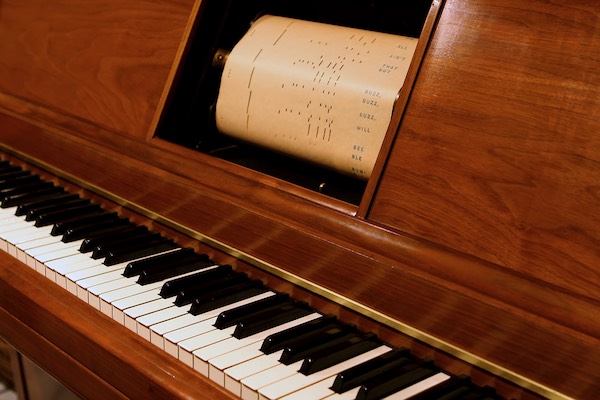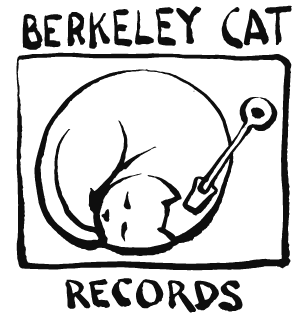THE MUSIC BUSINESS FARTS DUST! HERE’S THE BIGGEST REASON WHY

The music industry is awash in confusion. Here’s why: Ancient laws based on Player Pianos and piano rolls.
The laws and business systems in place to provide royalties to music creators are woefully outdated. Some of these laws go back to the Player Piano era, with only minor updates in the years since. With technology (digital streaming) vastly outpacing these “old” rules, what we’re seeing is gaps in copyright law, unfair rates, and huge loopholes that allow corporations to profit off the work of creators without paying music creators a cent.
As a songwriter, I’ve seen my work played thousands of times on popular streaming platforms. The compensation for those plays is dishearteningly low, and noting how quickly income for music is shifting from sales to streaming, I’m concerned that with this lack of modern thinkings, music is going to remain in the dark ages.
Here’s some of the music business’s backstory, and my attempt to explain how we got to the current copyright law dilemma.
****There is one glaring fact: IT WAS A MECHANICAL WORLD BACK THEN, the home/bar entertainment system was advanced machinery called, pianos. Popular music was monetized in the early 1900s by the sale of sheet music to live piano players, who then played the hits of the day on their pianos. Think of humans acting like a jukebox. That version of the music industry was disrupted by the invention of a mechanical piano, that made these songs come to life without a human piano player. This invention contained a mechanism that operated the piano action via pre-programmed music stored on a perforated paper called the “piano roll.”
With a piano roll and one of those newfangled mechanical pianos, a dance song like “The Charleston” became a hit and would quickly generate a lot more income than old sheet music industry, but without replacing the sheet music industry. This mechanical piano and the paper-modeled performance technology changed music consumption forever. It allowed for the same exact performance everywhere! The sale of these Player Pianos and “piano rolls” became the new products of the music industry, rewarding the one artist whose performance was used to model the roll.
The roll I selected here was performed by piano expert, James P. Johnson, and it demonstrates his piano brilliance. The mechanical piano, armed with a number of interchangeable rolls, resembles the rudimentary ingredients of a primitive jukebox. This became the basis for the “mechanical license” (a metric used to pay songwriters for a music sale), and interpretations of this existing law from 1923 (and updated in 1976) are used as the basis for current music business copyright law and music compensation.
HOW NUTS! A copyright law affecting us today was written in 1923. Wow, truly insane when you think about it!
Here’s “The Charleston.” This piano roll is a hit. A great example of the past!

